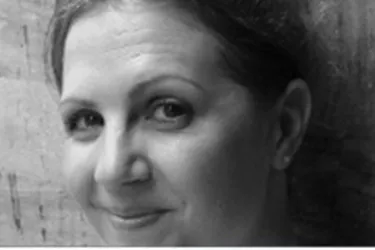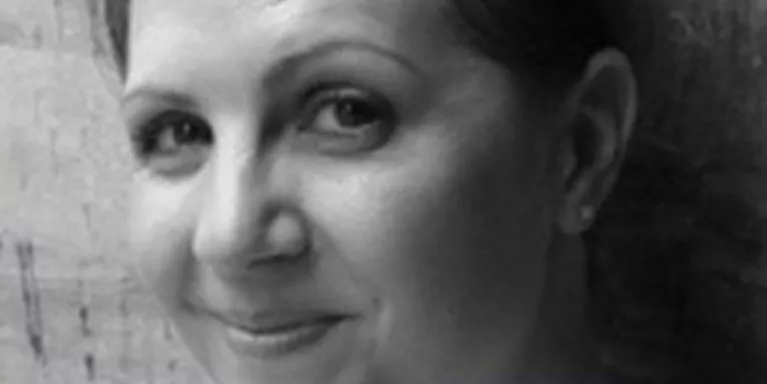Journal to self-love
Muna blogs about keeping a journal and how it helped her on her journey of discovery and self-care
Muna is a passionate campaigner who wants to share her recovery story in the hopes of helping others.
In my early 20s, I tried everything I could to make sense of my mental health. Most visits to my GP, assessments with local IAPT services, and meeting different therapists, would always end up in me feeling worse about myself. There was just no accessible or even adequate service available. It would take a lot of preparation to seek help to begin with, and when faced with such disappointments and lack of real help, it’s very easy to withdraw into oneself and lose hope. After several attempts, I came to believe that external solutions like taking medication or seeking therapy would only provide half of the answers I was looking for. I needed to do most of the work necessary to seek healing and reconciliation within myself. This was the start of a journey where I stopped looking to people or things to alleviate my pain. I learned that I had a skill which could help me understand myself more. This isn’t to say that medication or therapy do not help at all. In some cases, these are absolutely necessary. I’m just saying that my own reflections, writings and confidence building prepared me to fully utilize therapy when I decided to try again.
"Through writing, recording videos and even talking to myself in the mirror, I started to normalise my experiences without even doing so intentionally."
I did many things to help with my mental health journey, and one of them was journaling my thoughts, feelings and experiences. These sessions feel like therapy but even better. There are no time constraints involved and I could go as deep as I wanted with my thoughts or just stay on the surface. When I first started to journal I was heavily frustrated with the lack of help afforded to people like me. I also didn’t have anyone that could relate to these types of experiences and so I felt totally alienated. My writing started to gradually change this mind-set. Through writing, recording videos and even talking to myself in the mirror, I started to normalise my experiences without even doing so intentionally. Speaking my thoughts aloud gave me that affirmation and reassurance I couldn’t get externally. I reached a place where I was able to verbalize my feelings and thoughts with people as well but most importantly I reached a place of self-acceptance. My struggle with mental health was an important part of my journey and I would no longer suffer silently. It’s exactly this silence I believe which contributes to people’s suffering. If we lived in a society where mental health was treated as any other illness physical or otherwise, maybe there would be more support from family and the wider society.
"My writings hold me accountable as they remind me of where I came from but also how far I have to go still."
If people knew who I was before, then they would come to know about this integral part of my story as well. I regained the confidence to seek therapy again and ended up settling with a private therapist. I stayed with her for nearly a year going week in and week out. I started to have wider conversations about mental health with family and friends. I even started a mental health support group last year and over 150 signed up to it online further proving how important the recognition of and discussion around mental health is. In retrospect, I believe that none of the above would have been possible had I not engaged in my writing and self-reflections in the ways that I did first. The journaling serves more than one purpose to me. My writings hold me accountable as they remind me of where I came from but also how far I have to go still. They remind me of what I had to do to get where I am today making it impossible not to appreciate or love myself that bit more.

Related Topics

Information and support
When you’re living with a mental health problem, or supporting someone who is, having access to the right information - about a condition, treatment options, or practical issues - is vital. Visit our information pages to find out more.
Share your story with others
Blogs and stories can show that people with mental health problems are cared about, understood and listened to. We can use it to challenge the status quo and change attitudes.

















